Recovering From Evangelicalism
I’ve recently had the opportunity to work with several local recovery communities here in Colorado Springs, and something astonishing happened. In Dharma Recovery meditations, AA meetings, Smart Recovery classes, and a host of group therapy sessions I listened to recovering addicts use the same language and share the same stories of abuse that I’ve heard from the “exvangelical” community. I realized there is a direct link between the recovery community and the deconstruction community. And that link is trauma.
Trauma is any harmful event or series of circumstances that leave a lasting impact on your mental, physical, social, spiritual, or emotional well-being. It is also the response to a deeply distressing event that overwhelms your ability to cope, causing feelings of hopelessness, and diminishing your sense of self. Sounds a lot like growing up in evangelicalism doesn’t it?
“The trauma that’s hardest to recognize and sometimes the hardest to believe is the trauma inflicted by religion or by those who claim to represent God,” writes The Sophia Society Co-Founder Melanie Mudge. Whether it was purity culture, patriarchal leadership, forced submission, the theology of total depravity, or a host of other harmful beliefs, evangelical Christianity stripped many of us of our dignity, agency, self-worth, and self-determination. Just like an addiction.
Recovering from evangelicalism is the process of healing the underlying conditions that got you here in the first place. To fully recover, you must first accept that you’ve been in a great deal of pain for a long time. The truth is you may never completely escape your past, but you can move forward. You can carve out a path of recovery that leads to your spiritual, emotional, and physical healing. And that path starts with renunciation.
Every honest addict knows they have an unhealthy relationship with their drug of choice. An alcoholic can’t just have one drink, because it tastes like more. The only solution to end the cycle of addiction is abstinence. The same is true for your spiritual recovery. When I fled evangelicalism it meant leaving my job at an evangelical organization. Why? Because it was too tempting to stay in the fold, to play it safe, to give up my freedom simply to be comfortable in a community I knew was killing me. If you have been traumatized by this religious movement, give yourself permission to get out. Cut the cord, and completely disavow your identity and place within evangelicalism. Those spaces and those people will probably never be safe for you, especially if you push back or start asking challenging questions about power structures, harmful theologies, and patriarchy. Staying will only stunt your healing and build even deeper wells of resentment.
Active addiction is a kind of hell, and so is living in an abusive spiritual community. We created The Sophia Society to be a refuge for former evangelicals, a safe space to process your spiritual abuse. A place you can come to in your time of need, a shelter filled with other hurting souls who have decided to end their suffering. Much like a gathering of recovering addicts at the local Dharma meeting, this community will welcome you with open arms because we understand where you are coming from and what you are hoping to leave behind.
Recovering from evangelicalism is possible, but it’s not going to be linear. It might take you years to feel normal again. But keep going. You are worth it. We are on that same journey with you, not as experts, but fellow traumatized individuals who finally woke up to the realization that we were worth saving. “Recovery is an act of intentional redirection of our life’s energy,” writes Noah Levine. Give yourself permission to change course and find a new community.
Over the next several issues of Liminal Spaces, we’ll look at the myriad of things we need to recover from. In the meantime, listen to Recovering From Evangelicalism: The 5 Noble Truths of Deconstruction over on the podcast. To help jumpstart your journey take time to understand, acknowledge, admit, and accept all the ways evangelical fundamentalism has caused suffering in your life. Write it down, share it with someone you trust, and then process that detailed inventory with a therapist.
To close, ponder these two questions with me. Who were you before evangelical fundamentalism got to you? And how can you uncover that part of you that hasn’t been traumatized by this dominator religion? If you care to share, I’d love to process these questions with you. Shoot me an email at garyalan@sophiasociety.org.
Peace,
Gary Alan Taylor
The Sophia Society & Holy Heretics Podcast

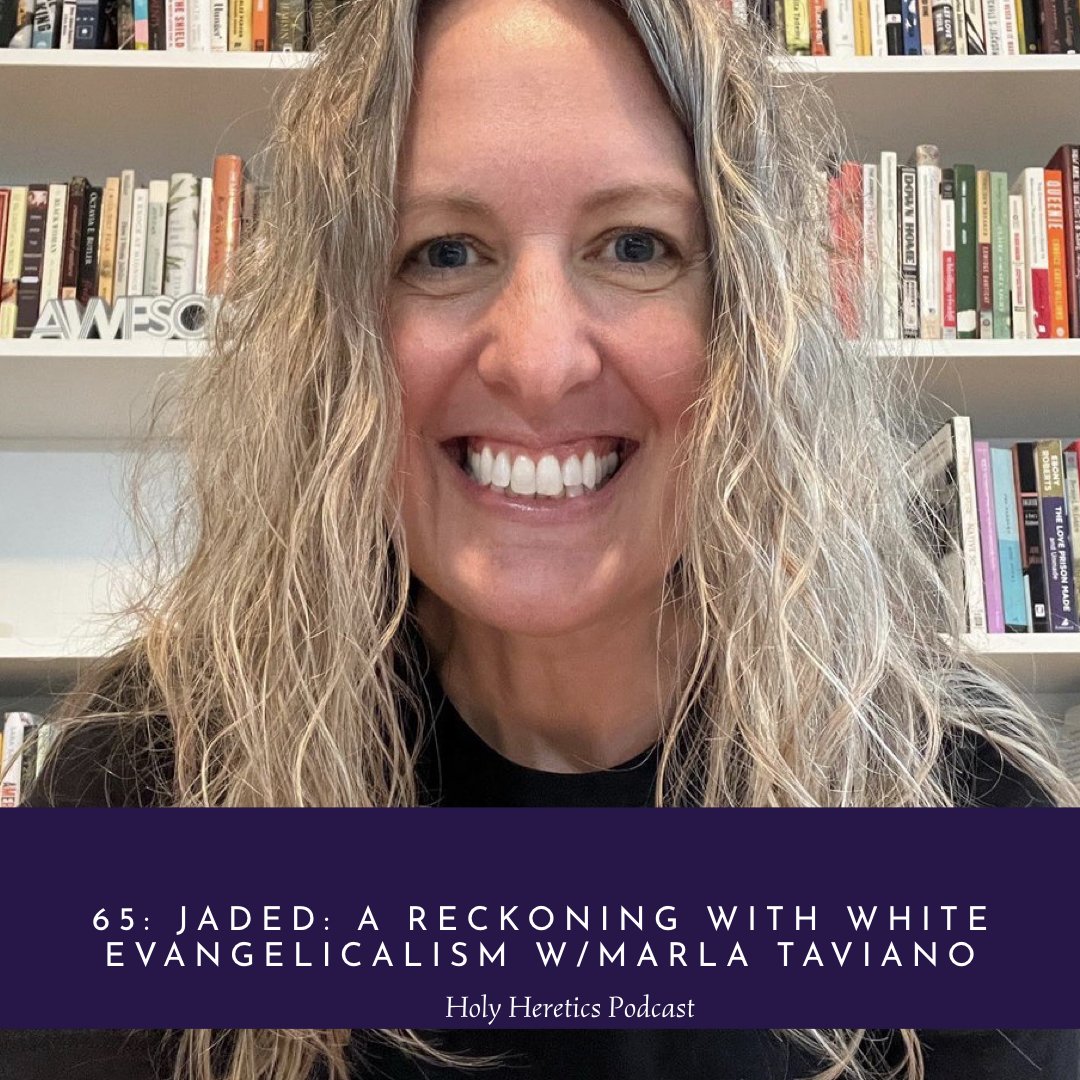
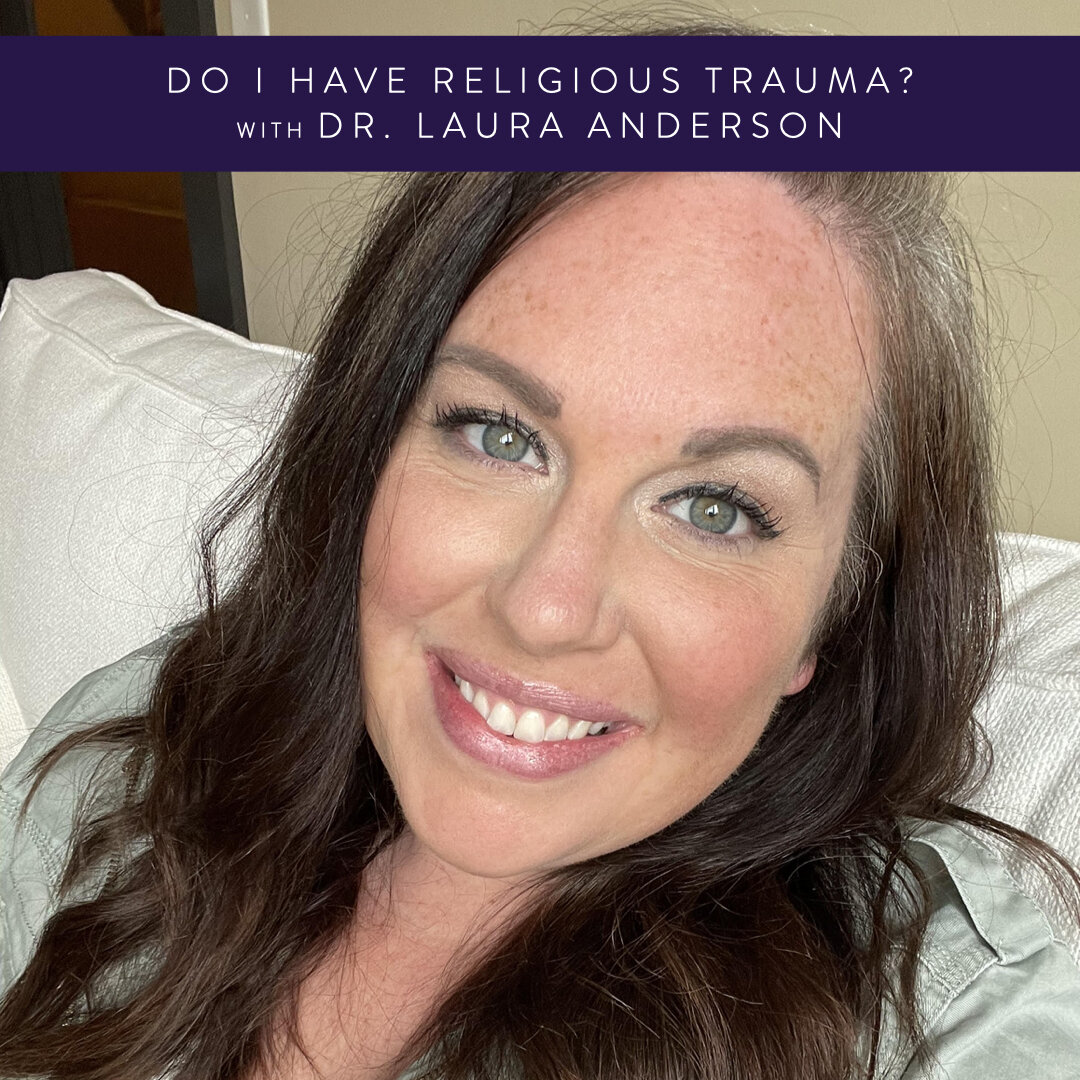
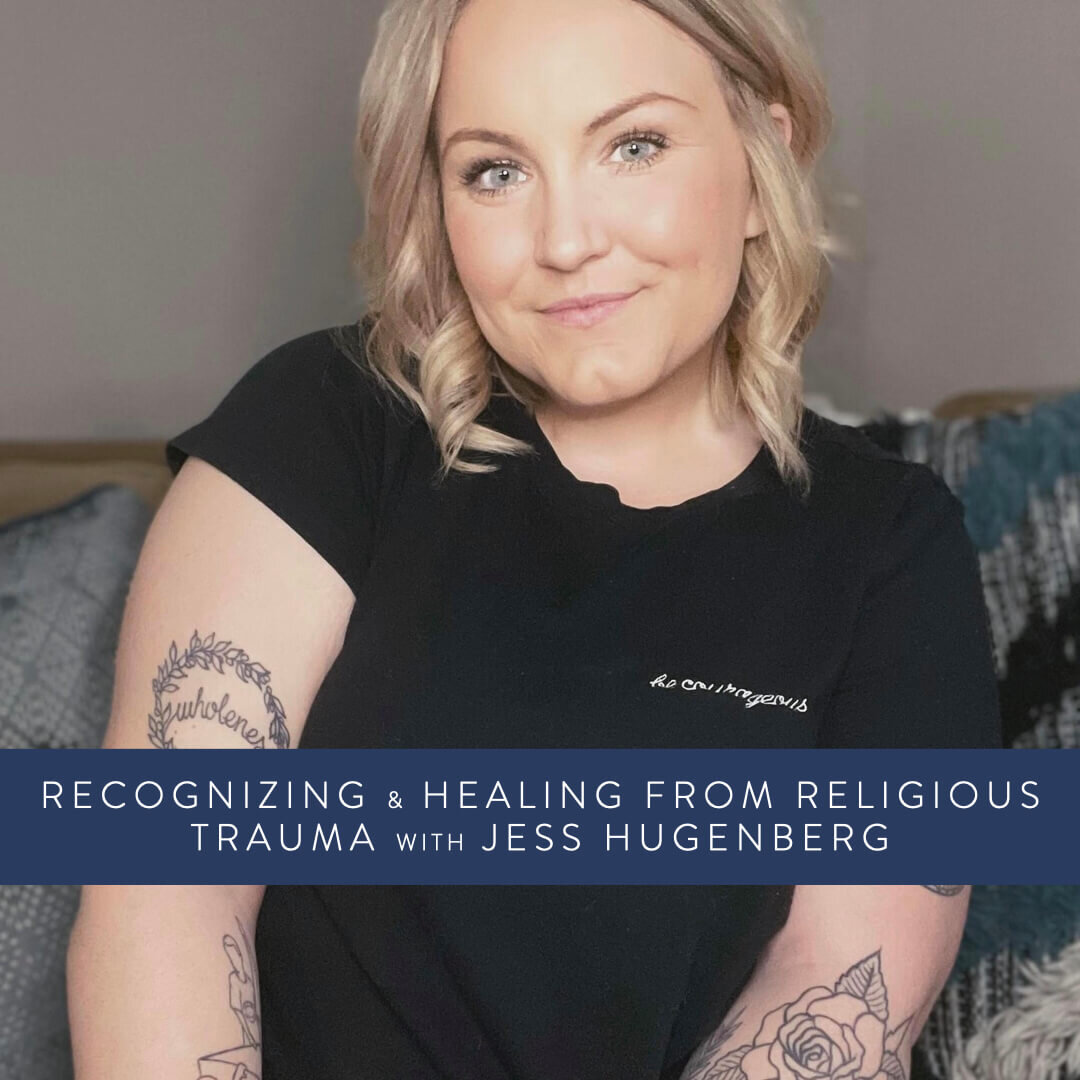
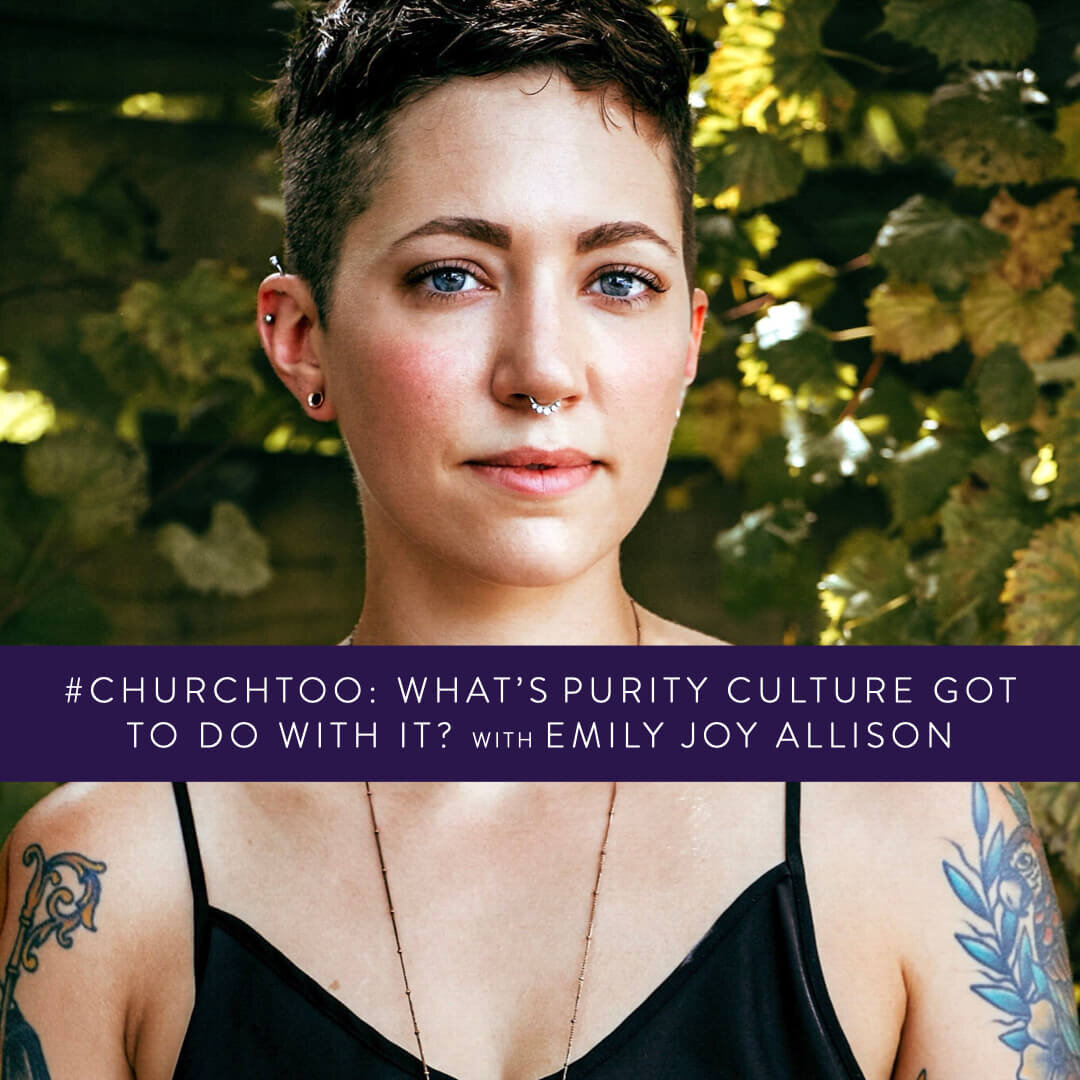
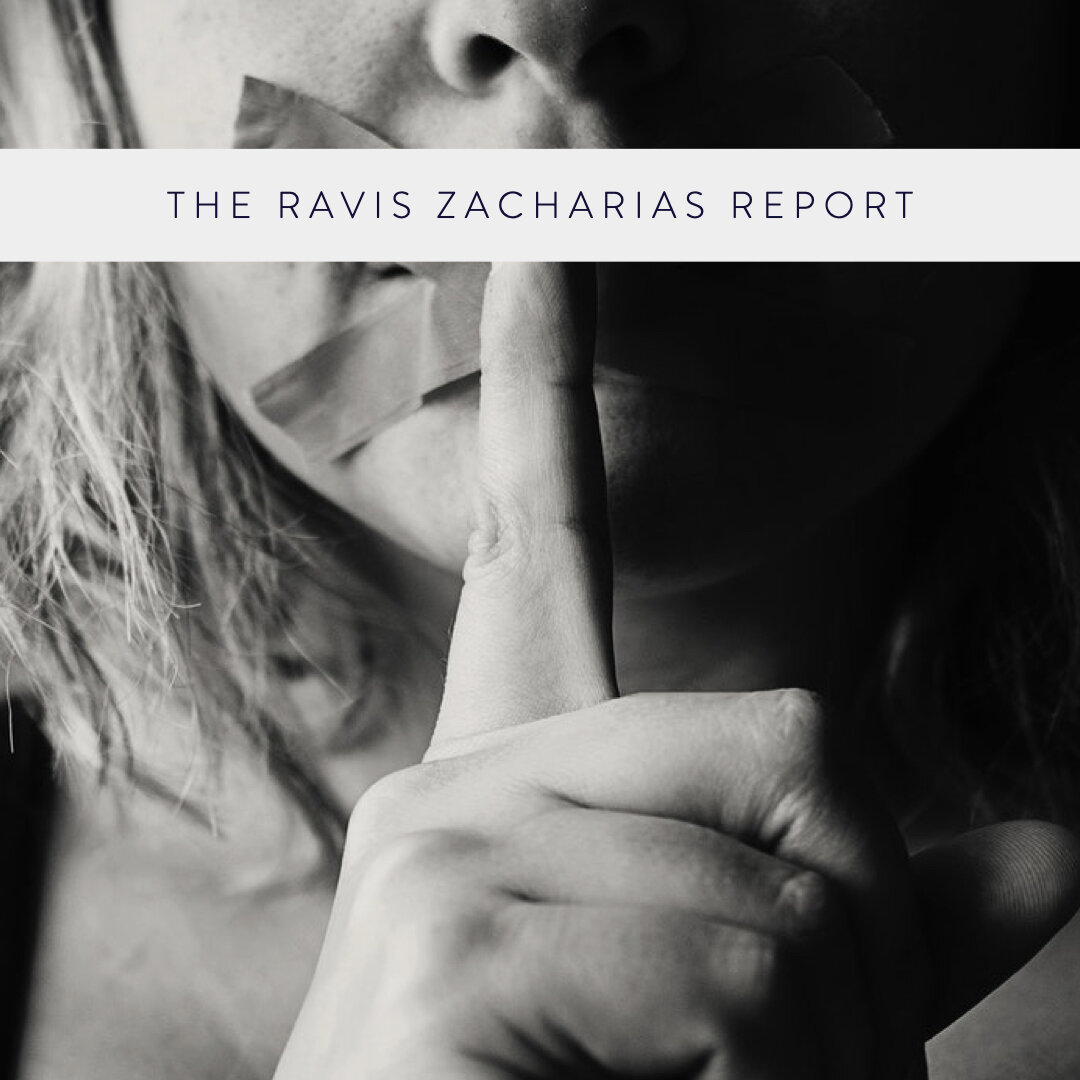
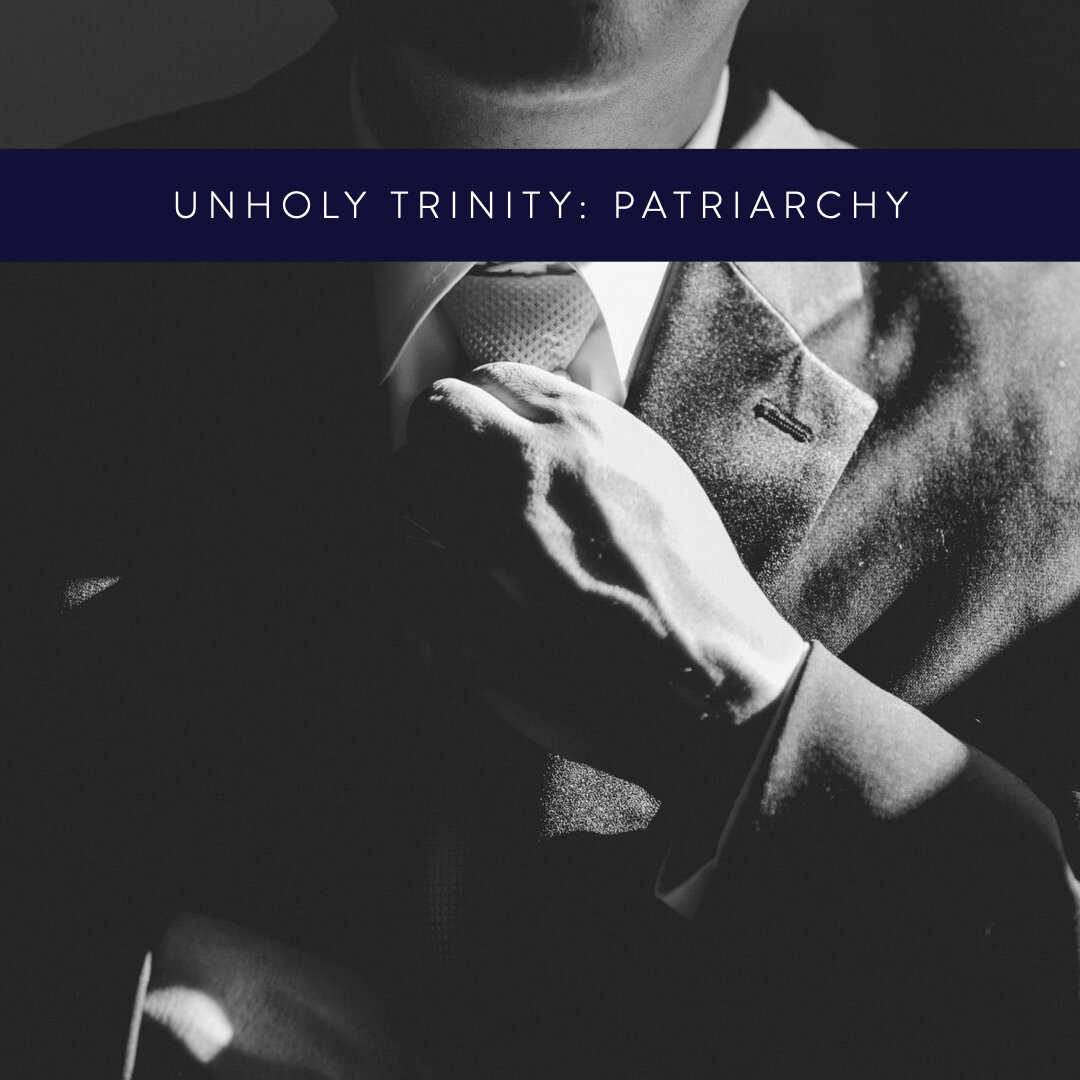
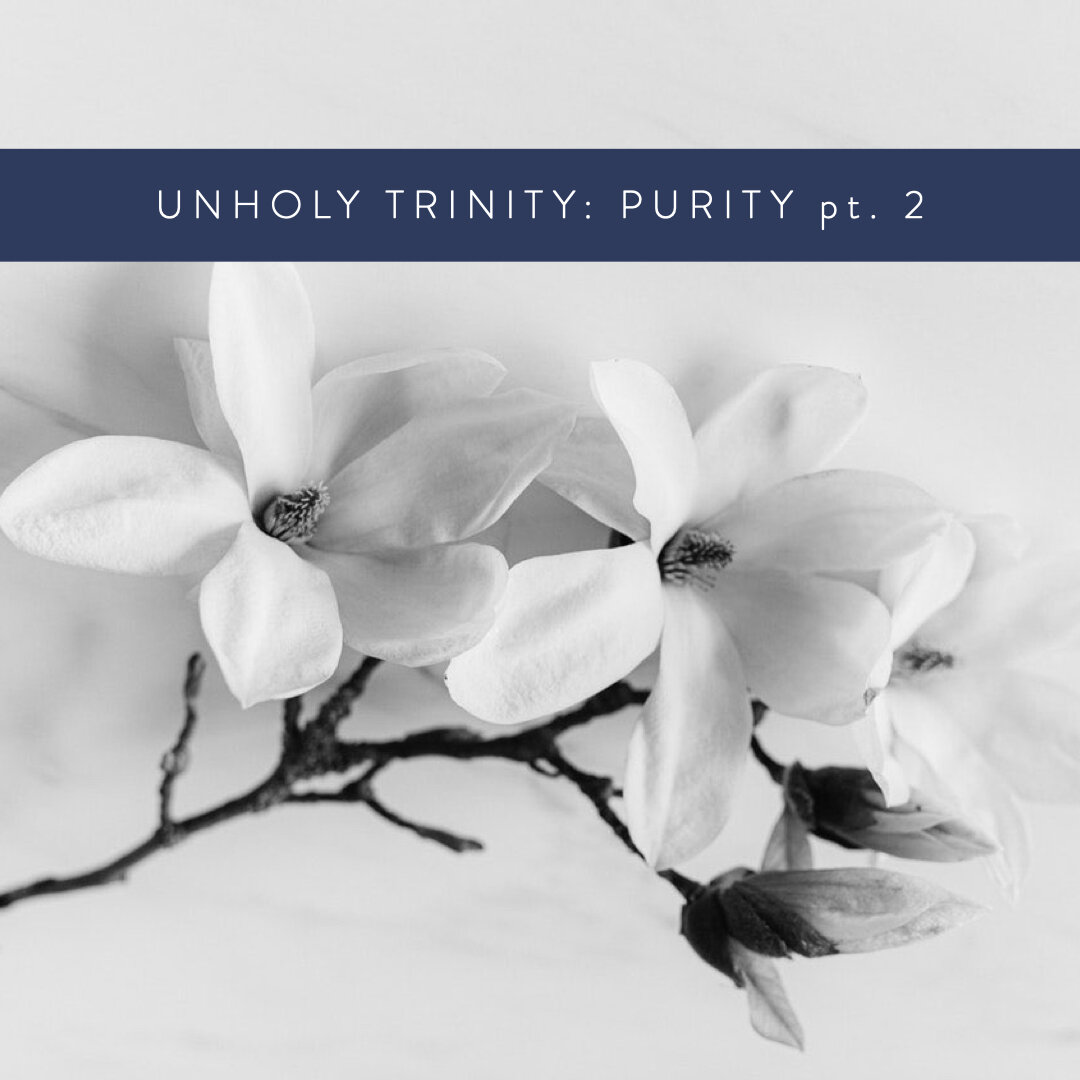
How have you been FK’D up by faith? This time, I share my personal story of how my faith deconstruction cost me my job, my spiritual community, my friends, and my family.